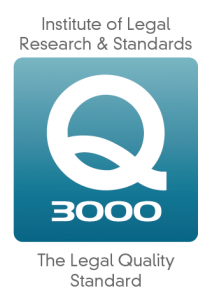Tax-Efficient Corporate Transaction Advice
Navigating the tax implications of major corporate transactions is crucial for maximising value and ensuring compliance. We provide specialist legal advice to structure your business deals in the most tax-efficient way possible.
Our Expertise in Corporate Tax Structure
Whether your transaction involves a full acquisition or a strategic sale, we advise on the best legal framework to minimise your tax burden, covering:
- Buying or Selling a Business as a Going Concern: We advise on asset purchase agreements, ensuring that Stamp Duty, Capital Gains Tax, and VAT implications are structured optimally from the outset.
- Buying or Selling the Entire Share Capital in a Company: This requires expert advice on corporate tax, shareholder relief, and complex capital gains issues. We ensure the entire transaction—from due diligence through to completion—is executed using the most suitable and tax-advantaged structure.
Our goal is to provide clear, strategic advice that helps you achieve your commercial objectives while ensuring long-term tax efficiency for your newly structured or divested entity.
FREQUENTLY ASKED QUESTIONS
- When is the best time to seek tax advice for a business sale or purchase?
As early as possible. The most effective tax planning (e.g., pre-sale restructuring or corporate simplification) needs to be completed well in advance of a prospective sale to ensure compliance and avoid issues with tax authorities.
- As a buyer, what are the tax advantages of choosing an Asset Sale?
Buyers often prefer an Asset Sale because it allows them to get a step-up in the tax base of the acquired assets, which can lead to higher depreciation/capital allowances deductions in the future, effectively reducing their future tax bill.
- What is the difference between a ‘Share Sale’ and an ‘Asset Sale,’ and why does it matter for tax?
A Share Sale is when the shareholders sell their shares in the company (transferring the whole legal entity). A Asset Sale is when the company sells its individual assets (property, goodwill, equipment). This matters hugely because a Share Sale is often more tax-efficient for the seller (lower Capital Gains Tax), while an Asset Sale is often preferred by the buyer (to “cherry-pick” assets and avoid inherited liabilities).


